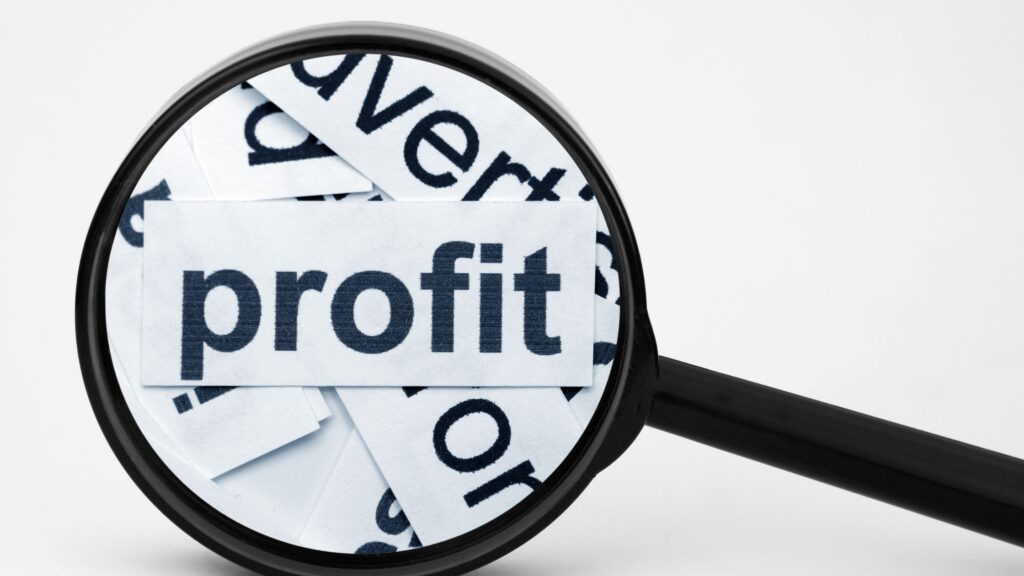When you start or scale a small business, every decision you make can have significant financial implications. Among the most crucial decisions is the entity selection—which legal structure you choose for your business. It directly impacts your taxes, liabilities, and overall profitability. If you’re a small business owner, entity selection tax optimization is not just about setting up your company; it’s about structuring it to save on taxes, protect your assets, and set your business up for long-term success.

Table of Contents
ToggleWhat Is Tax Optimization?
Tax optimization is the process of strategically arranging your business structure and financial operations to minimize tax liabilities while staying compliant with tax laws. For small businesses, effective tax planning can mean the difference between paying unnecessary taxes and retaining more of your earnings to reinvest in growth.
By choosing the right business entity and implementing effective tax strategies, you can significantly reduce your taxable income, enabling you to keep more of what you earn. For example, some entities, like S-corporations, offer the ability to split your income between salary and dividends, reducing the portion subject to self-employment taxes. Additionally, tax strategies such as capital expense deductions, depreciation, and retirement plan contributions can further lower your taxable income, leading to substantial savings.
Choosing the Right Entity in Tax Implications
When starting or growing a small business, one of the most crucial decisions you’ll make is selecting the right business entity. Your choice affects not only your liability but also how you are taxed.
1. Entity Selection Impacts Taxation
The choice of business entity determines how your business is taxed. Whether you choose a sole proprietorship, LLC, S-corp, or C-corp, each structure has unique tax implications. Understanding these differences ensures you optimize taxes effectively.
2. Sole Proprietorship and Single-Member LLC
These are the simplest structures, with profits passed directly to the owner’s personal tax return. However, while they’re easy to set up, they may not offer the best tax benefits as businesses grow. The tax burden can increase as income rises.
3. S-Corporation for Tax Savings
An S-corporation allows profits to pass through to the owner’s personal tax return, avoiding double taxation. Additionally, S corporations enable owners to take a salary and receive distributions, which can reduce self-employment taxes. This can significantly boost tax efficiency.
4. C-Corporation and Double Taxation
A C-corporation faces double taxation—profits are taxed at the corporate level, and dividends are taxed again when distributed to shareholders. While it may not be ideal for small businesses, it offers benefits for companies with substantial reinvestment strategies.
5. Partnerships and Multi-Member LLCs
These entities also feature pass-through taxation, similar to S-corps. Profits and losses are distributed to individual owners’ tax returns. Partnerships offer flexibility in profit distribution and decision-making, making them ideal for collaborative businesses.
Choosing the right business entity is a critical decision for any small business owner. Each entity structure has distinct tax implications that can affect your profits, liability, and growth potential. Learn more about Optimizing Tax Returns.
Maximize Tax Efficiency with the Right Structure
Choosing the right business entity can significantly enhance your tax efficiency and save you money.
- S corporations allow business owners to distribute income as salary and dividends, lowering taxable income and self-employment taxes.
- LLCs and S-Corps offer tax-deductible expenses like health plans and retirement contributions, reducing taxable income and saving money.
- LLCs and S corporations help business owners maximize retirement savings by allowing higher contributions to retirement plans compared to sole proprietorships.
- C-corporations can access tax credits like R&D and investment credits, lowering tax liabilities and boosting profits.
Selecting the right business entity is crucial for optimizing taxes and maximizing profits.

Entity Selection Errors That Could Cost Your Business Money
When starting or growing a small business, one of the most critical decisions you’ll make is choosing the right entity structure.
a) Failing to Reevaluate Structure: As your business grows, not updating your entity choice can lead to higher taxes and missed savings.
b) Choosing the Wrong Entity: A sole proprietorship may cause higher taxes later, while not choosing S-corp status can miss key savings.
c) Not Taking Advantage of Tax Deductions: Choosing the wrong structure can prevent you from claiming valuable deductions like health plans and retirement savings.
d) Neglecting State-Specific Tax Rules: Ignoring state tax laws can result in unexpected tax costs and complications.
e) Not Consulting a Tax Professional: Failing to consult a tax professional when choosing an entity can lead to missed opportunities for tax optimization and potential compliance issues.
Selecting the right entity structure is crucial to the financial health and success of your business.
Conclusion
Choosing the right business entity is one of the most important decisions a small business owner will make. When you optimize your entity selection, you open doors to significant tax savings and profit maximization. The right structure allows you to reduce taxes, protect your personal assets, and set your business up for long-term success.
At Freedomfolio, we specialize in helping small businesses navigate entity selection and tax optimization. Whether you’re just starting or scaling, we’ll work with you to ensure your business structure is aligned with your financial goals.

FAQs
1: What is the best business entity for tax savings?
The best entity depends on your income level, growth plans, and specific tax situation. S-corps are typically beneficial for reducing self-employment taxes, while LLCs and partnerships offer flexibility and pass-through taxation.
2: Can I change my business entity later?
Yes, many businesses change their entity type as they grow. It’s essential to reassess your structure periodically to ensure it aligns with your financial goals.
3: How does an S-corp save on taxes?
S corporations allow business owners to pay themselves a salary and take the remainder of their profits as distributions, which can reduce self-employment taxes.
4: Should I consult a professional for entity selection?
Yes, consulting a tax advisor or accountant is crucial to ensure you choose the best structure for your business and maximize tax optimization opportunities.





